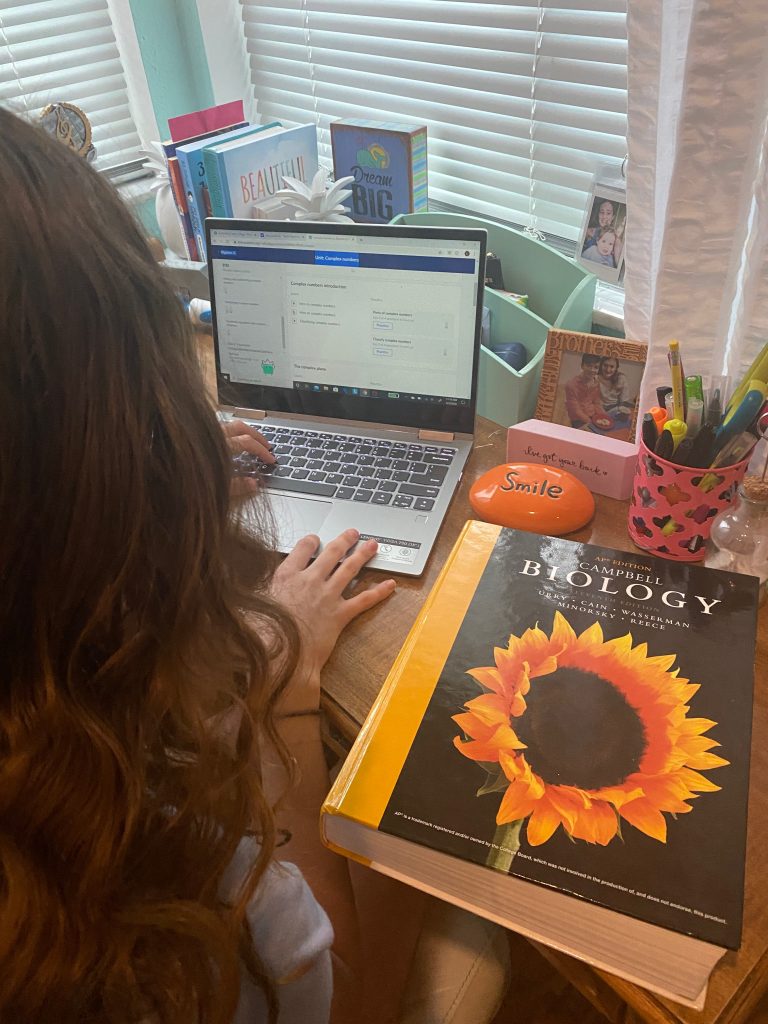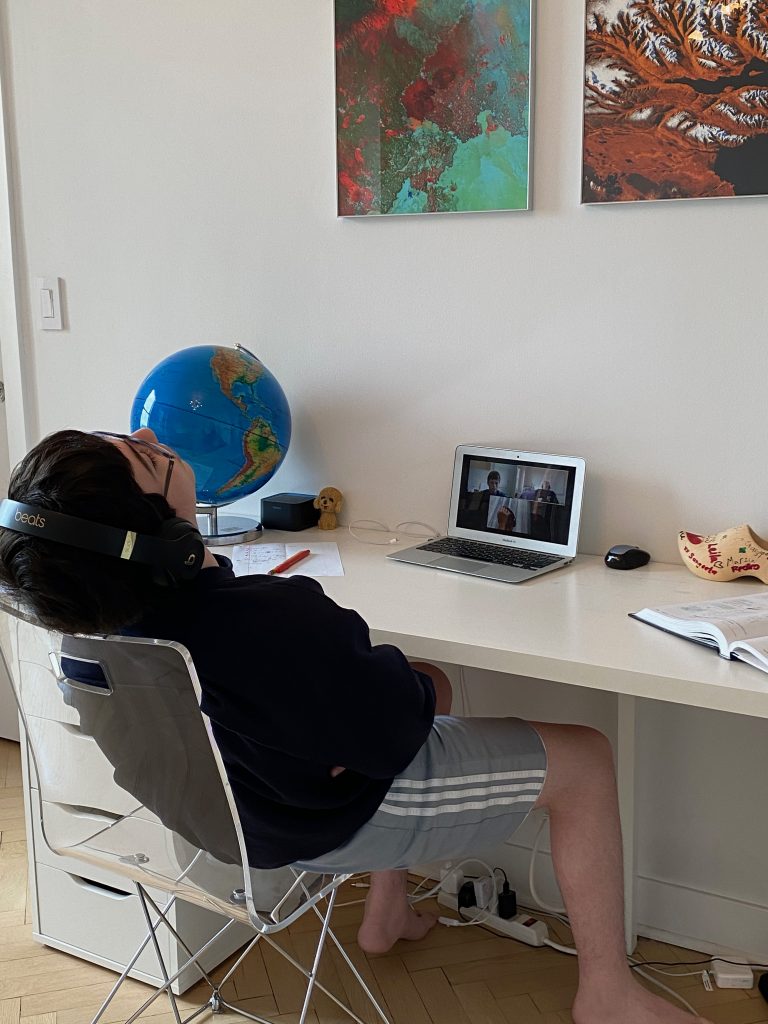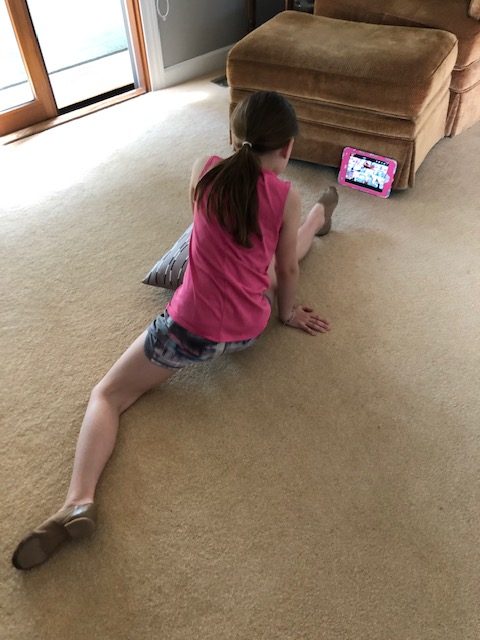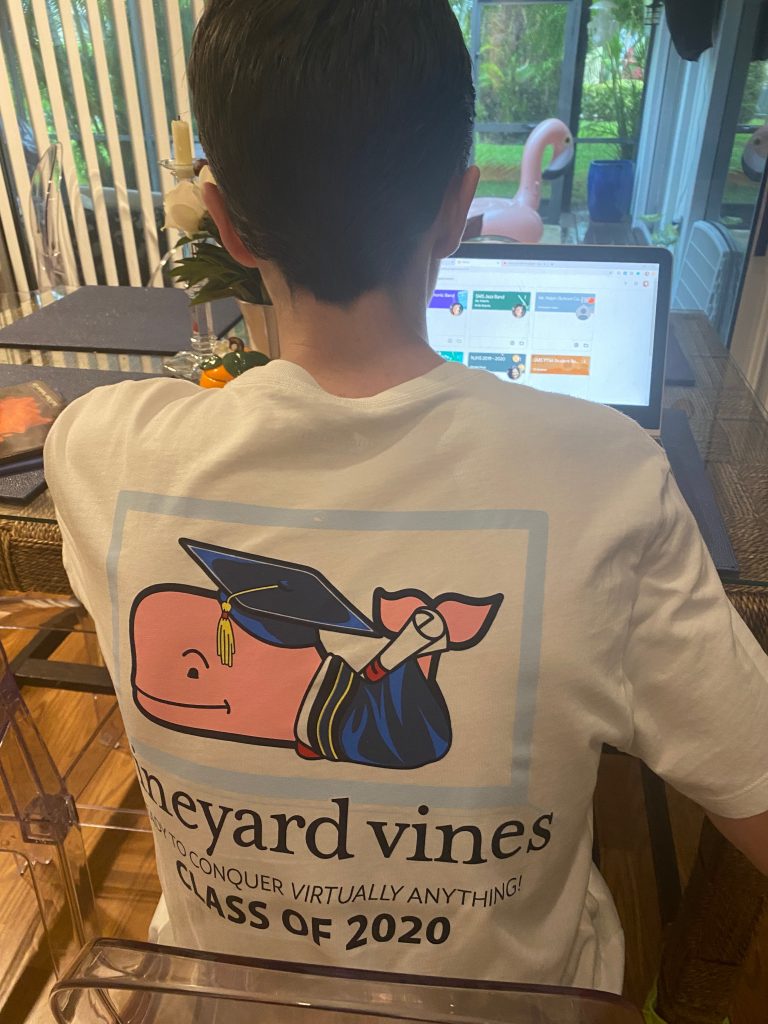
By Mary Ellen Christy
As we enter the fourth month of quarantine, 1.4 billion students worldwide from 190 countries are no longer attending schools. They are learning to adjust to distance learning. The relative effectiveness of distance learning is likely dependent upon the age of the child, accessibility to high-speed internet, the skill of the teacher to master online teaching techniques, and a parent’s ability to assist in the learning process. Most parents are also trying to work from home and without the ability to secure childcare due to the closure of childcare facilities and the concern about their children’s contact with non-members of their immediate family.
Over the past few months my partner in Christy Rozenberg Consultants (CRC), Claudia Rozenberg, and I have met with numerous families to discuss with them the difficulties they have been having during this trying period. One mother I spoke to is herself an educator, a college professor, and the mother of four children ranging in age from 14 months to 10 years. She is able to share terrific insights from both sides of the process. She felt that her children’s teachers were working harder than ever before. She commented on the dramatic increase in the workload of teachers adapting lectures and plans for internet presentation and the general worry that they would be less effective than previously.

Girl distance learning.
This elevated parents to the level of essential worker status. Madeline Levine in her book, Teach Your Children Well, speaks extensively of how important it is to teach your children resilience and how the frustration distance learning brings to all parties is an opportunity for us all to try to develop resilience and remain positive. Learning is meant to be a dynamic and interactive process where students engage in lively exchanges that motivate and stimulate curiosity. In her bestselling book The Unselfie, Michelle Borba talks about the limiting nature of electronic communication devices and how excessive interaction with them limits a child’s ability to develop empathy and to read the responses of others, which are so necessary for developing strategic thinking.
Almost everyone who has preschool and kindergarten age children shared with us that distance learning is very difficult for children of this age. There are both logistical and emotional reasons. They cannot operate more complicated functions of the computer and their attention spans are much shorter than older children. They are less able to cope with the complicated emotions about missing school, including missing the teacher, in particular, their friends, and the comfort of a daily routine.

Frustrated distant learner.
The college professor mother echoed the concern that a 6-year-old finishing kindergarten, even with the best of teachers, from the best of schools, derived limited benefit from distance learning. She said the time spent in effective distance learning increased with the age of her children, as did its effectiveness. She expressed great concerns that if distance learning continues into the next school year it will be far less effective. The closedown of schools occurred three-quarters of the way into the school year when children already had the benefit of established strong connections to their teachers and classmates. Since it is typical for children to have new teachers each year and for the schools to shuffle class groupings it will be much more difficult to connect with each other and this will have an adverse effect on children’s academic progress and emotional wellbeing.
Another thing we touched on was the ability, or lack thereof, to continue the extracurricular activities that play such an important role in everyone’s emotional health. While some activities translate more easily to remote participation, there are many others that play an equally important part in the healthy development of children that do not translate well, such as team sports. Once again parents are making extraordinary efforts to modify, supplement, or substitute alternative situations all while trying to work from home.

A girl in a Zoom dance class.

Dance class.
Another family who is deeply concerned about the possibility of continuing school closures into the next school year expressed the following concerns: their son, who is eight years old is in a school with a rapidly declining enrollment. The father is very satisfied with the curriculum, social environment, and his son’s academic progress, but is concerned that the class size is not economically viable for the school and does not represent adequate social interaction with peers. His wife is a full-time mother and is able to supplement their son’s activity schedule. For them, distance learning has worked well. However, the family has begun to research other options. They also share concerns for what September may bring with regard to the opening of schools. If the determination is that the maximum class size is 10 students, then they are in an ideal position to return to a school that can easily affect social distancing. As with all families, these parents want to make the best and most well-informed decision. Well-intentioned as they may be, those in authority keep moving deadlines which makes it more difficult for parents.

Boy doing distance learning.
As a firm whose whole purpose is advising families on academic issues, given the stress all families are under, CRC would like to offer any interested families an hour of free consultation. If you are under stress and would like to talk, please reach out to us at our website, www.christyrozenbergconsultants.com
A client, who is a pediatrician at the University of Chicago Comer Children’s Hospital and whose husband is an entrepreneur, shared the following testimonial after working with Christy Rozenberg. “With how quickly we were pushed into online learning, despite trying, our school has not met our educational expectations or the goals we had for our children. We reached out to Christy Rozenberg Consultants to help troubleshoot the academic and emotional support we were seeking for our children during this challenging time. The supplementary resources and opportunities that CRC provided have helped us ensure our kids would end the school year where they should be academically, but more importantly emotionally.”
We look forward to hearing from you and helping you through these challenging times.






